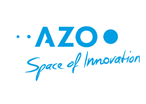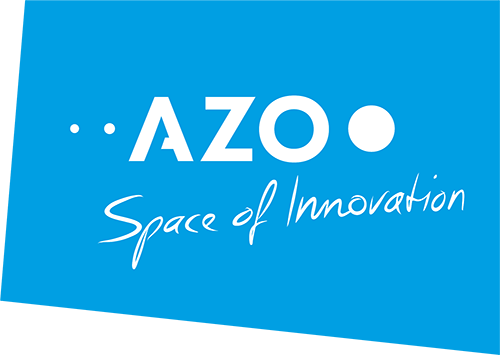Today, Galileo, Europe’s satellite navigation system, will reach 1 billion smartphone users worldwide. This milestone coincides with the 15th anniversary of the European Global Navigation Satellite Systems Agency (GSA), the Commission’s key partner in operating Galileo.
Ahead of a special event at the GSA’s headquarters in Prague, Elżbieta Bieńkowska, Commissioner for Internal Market, Industry, Entrepreneurship and SMEs, said: “Galileo is now providing high quality timing and navigation services to 1 billion smartphone users globally. This has been made possible by a truly European effort to build the most accurate navigation system in the world, with the support and dedication of the GSA. I am confident that our space industry will continue to thrive with more work, ideas and investment under the new EU Space Programme.”
Since December 2016, Galileo provides so-called “initial services” which already improve everyday life for citizens and businesses with accurate positioning, navigation and timing signals.
Today 95% of companies that produce smartphone chips for satellite navigation make chips that enable Galileo. The ‘1 billion users’ milestone is based on the number of smartphones using Galileo sold across the world. The actual number of Galileo users is larger. In Europe, all new car models approved for the market are equipped with the eCall system, which uses Galileo to communicate the vehicle’s location to emergency services. Since this year, Galileo is integrated in the digital tachographs of lorries – a speed and distance recording device – to ensure the respect of driving time rules and improve road safety.
Galileo has also been providing crucial Search and Rescue (SAR) Service, reducing the time it takes to detect a person equipped with adistress beacon to less than 10 minutes at sea, in mountains or deserts. With Galileo, the accuracy of localisation has improved from 10 km to less than 2 km.In the future, the system will also confirm to the person that help is on the way.
Finally, Galileo supports public authorities with its Public Regulated Service, for sensitive security use. It offers a robust and fully encrypted service for government users during national emergencies or crisis, such as terrorist attacks, to ensure continuity of services.
The European space industry, the second largest in value in the world, is strong and competitive. To help maintain and further enhance the EU’s leadership in space, the Commission has proposed a €16 billion Space Programme for the next long-term EU budget 2021-2027.
BACKGROUND
Galileo is the EU’s own global satellite navigation system. It is a civilian system under civilian control, which provides accurate positioning and timing information. Galileo aims to ensure Europe’s independence from other satellite navigation systems and its strategic autonomy in satellite navigation. Europe’s autonomy in this sector will boost the European job market, help the EU step up its role as a security and defence provider, and support emerging technologies such as Artificial Intelligence, drones, automated mobility and the Internet of the Things.
Galileo provides ‘initial services’ since December 2016. During this initial ‘pilot’ phase preceding the ‘full operational services’ phase, Galileo signals are used in combination with other satellite navigation systems. In the full operational phase, users will be able to use Galileo signals independently of other satellite navigation systems.
Other EU space activities include Copernicus (free and open Earth observation data of land, atmosphere, sea, climate change and for emergency management and security), EGNOS (regional satellite navigation system) and Space Surveillance and Tracking (SST).
The new Space Programme will bring all existing and new EU space activities under the umbrella of a single programme. It will maintain existing infrastructure and services and introduce a number of new features to foster a strong and innovative space industry and preserve the EU’s autonomous, reliable and cost-effective access to space.
The new programme also introduces a unified and simplified system of governance. The EU will ensure that the increase in financial investment is supported by efficient decision-making so that all EU space activities are rolled out on time and on budget. The Commission will continue to be responsible for managing the overall programme. The intergovernmental European Space Agency (ESA), given its unmatched expertise, will remain a major partner in the deployment of the system and in the technical support to the operational tasks of the EU space programme. The GSA, to be renamed the ‘EU Agency for the Space Programme’, will increasingly support the operation and market uptake of EU space activities and play an increased role in ensuring the security of all the components of the programme.




